Day 19
One hour of training to become a health promoter in Guatemala
 Health care for all down to the last village
Health care for all down to the last village
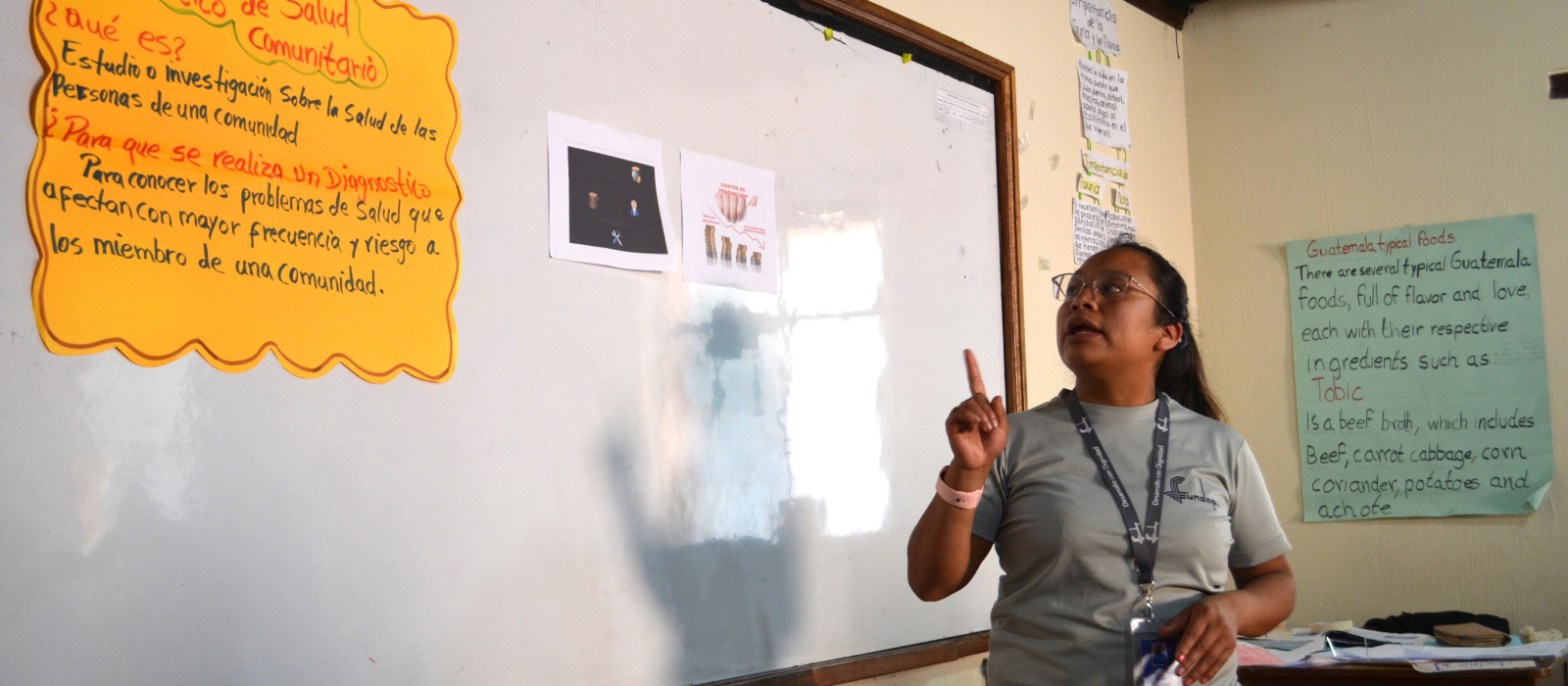
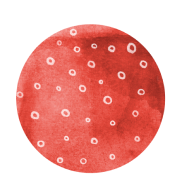
Health Promoter: The First Point of Contact for Rural Families


Doc Esser präsentiert dir sein Lieblingsprojekt
need
Access to basic health care for needy families in rural Guatemala
activity
Health promoters are trained on health, nutrition and hygiene issues and support people in their communities
Measurable performance
The number of trained health promoters
Result
By detecting diseases such as malnutrition early, they can be treated in a timely manner and their negative consequences reduced
Systemically relevant impact
Improved basic health care for indigenous people, especially women and children, in remote villages in Guatemala
background
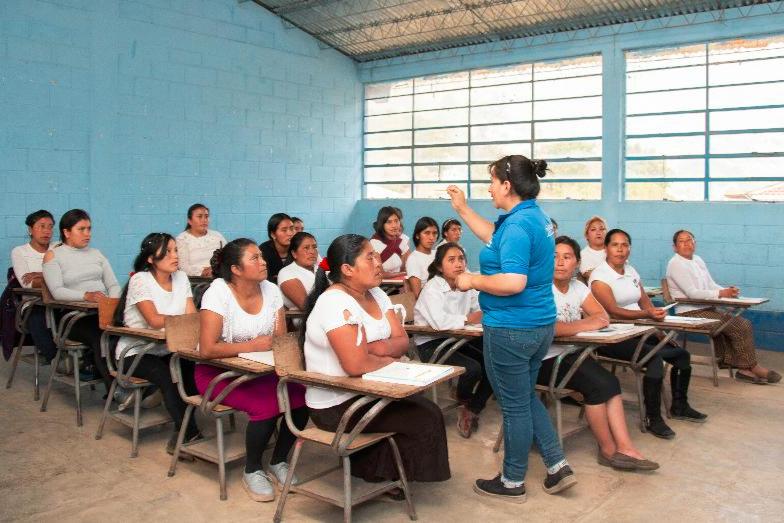
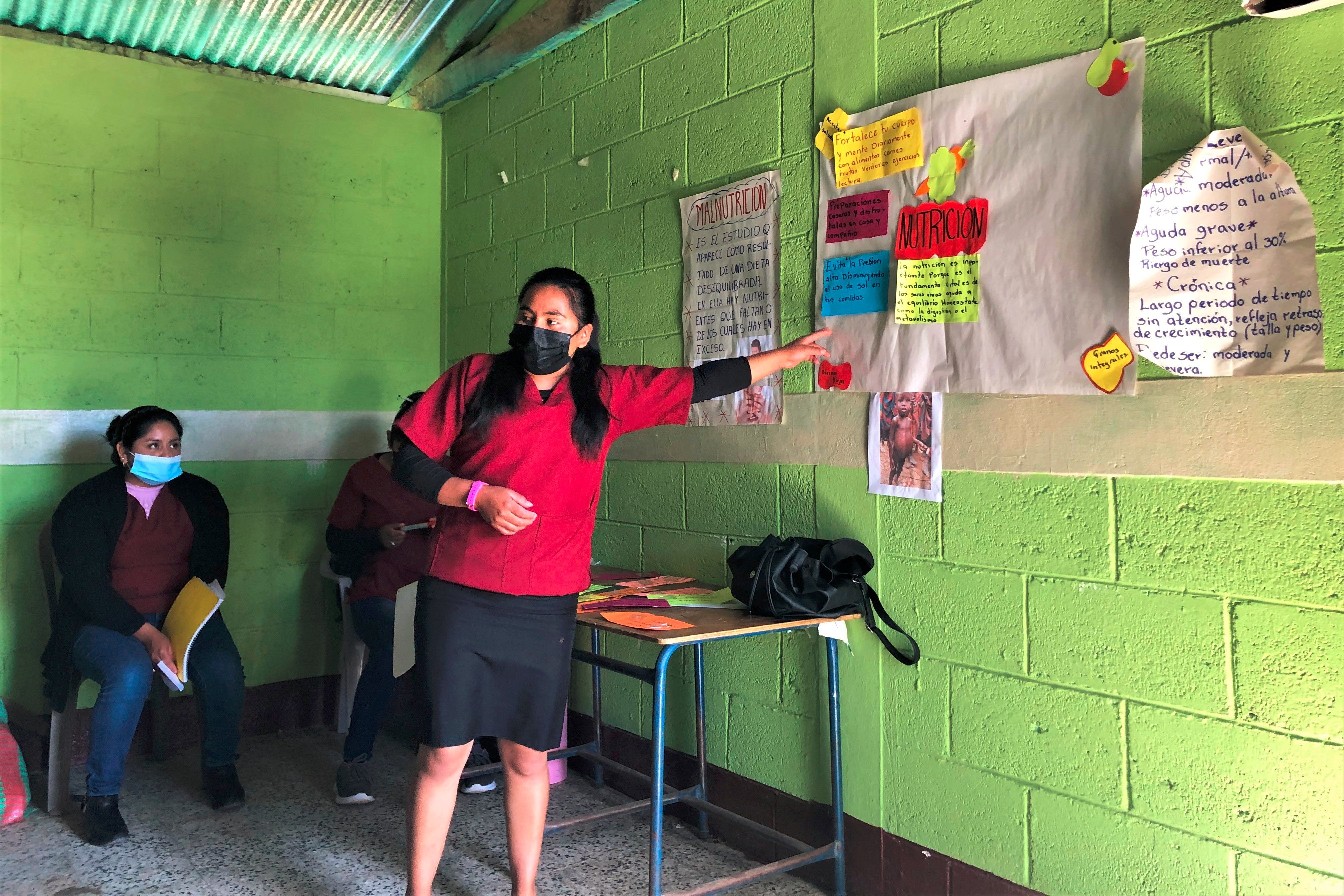
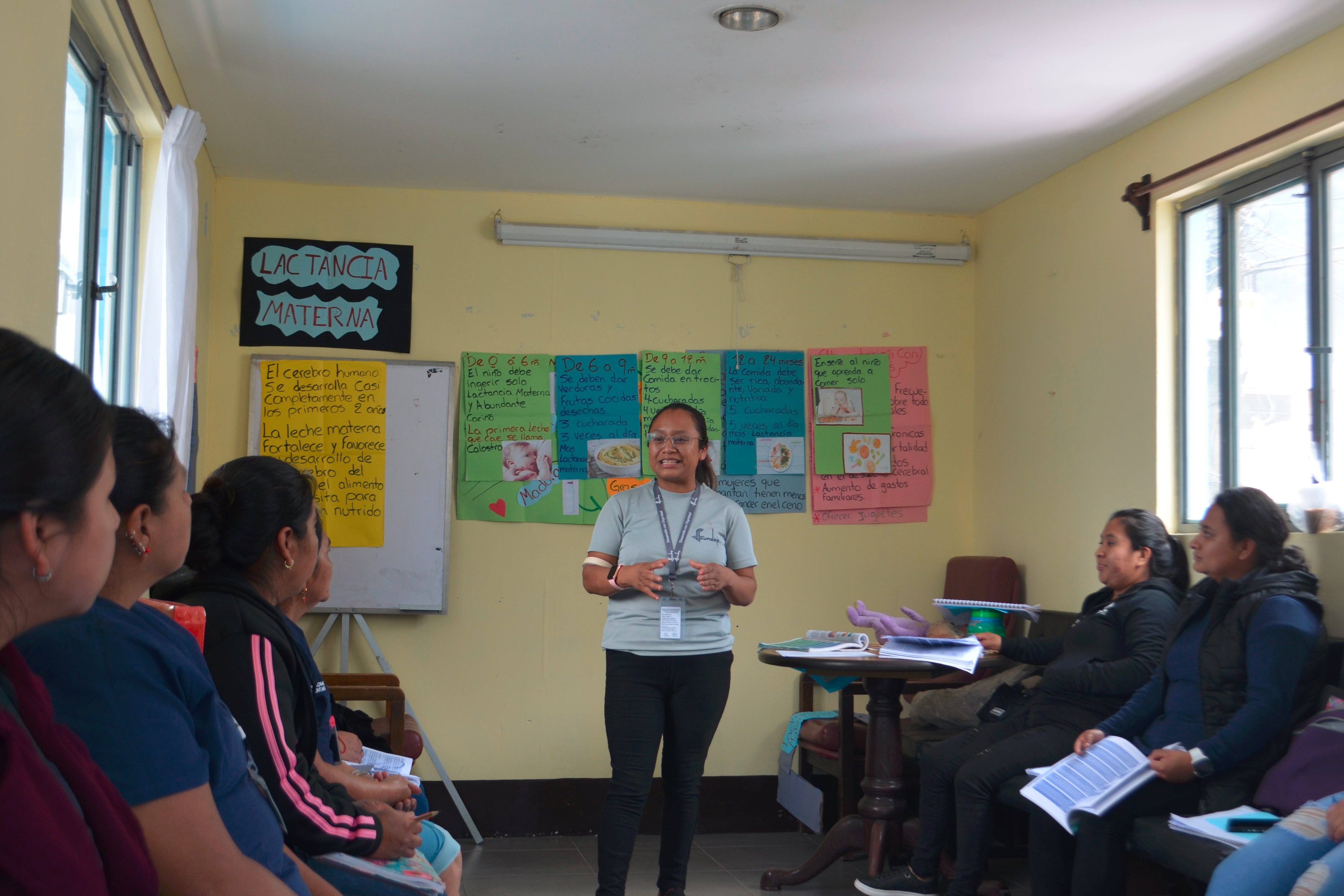
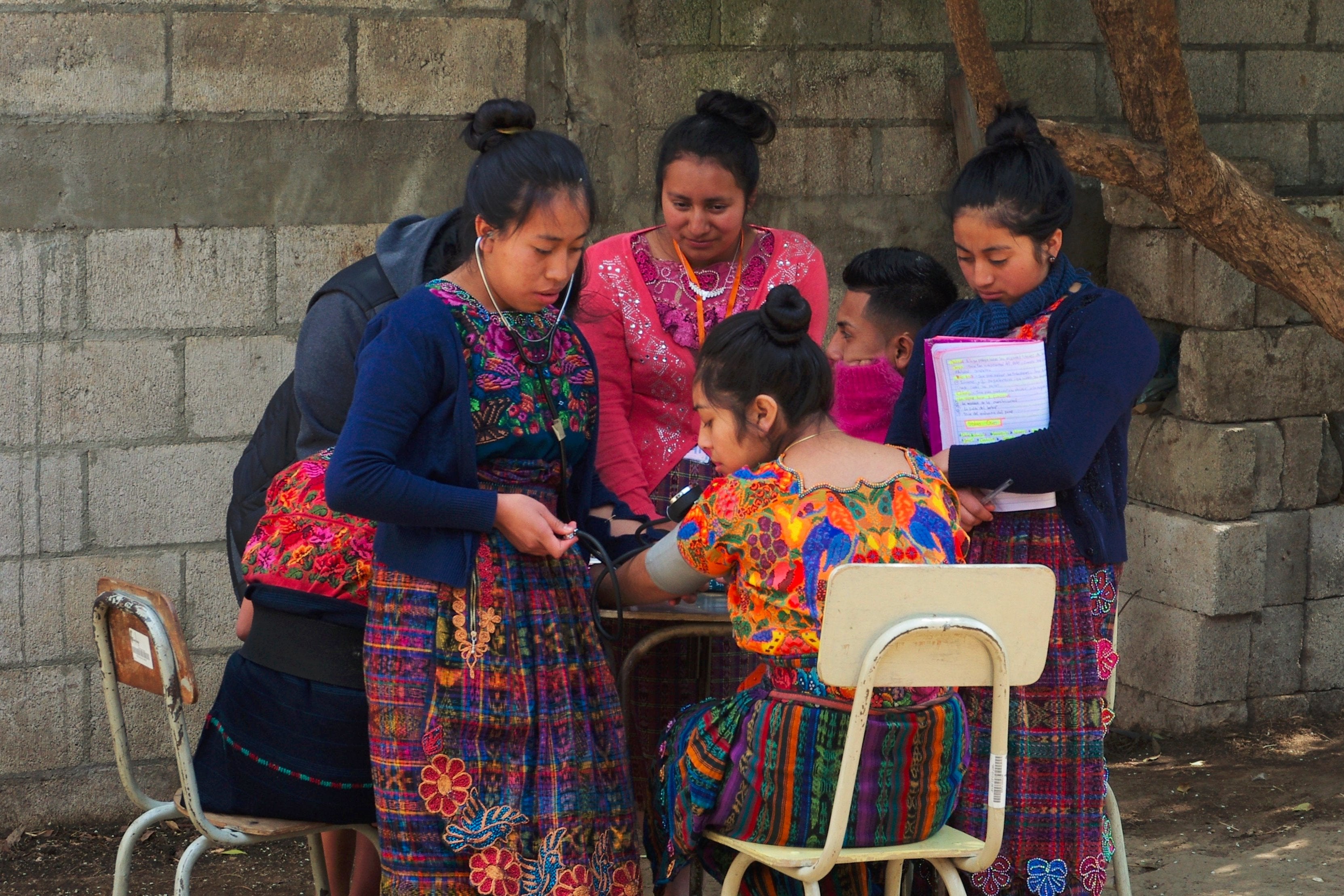
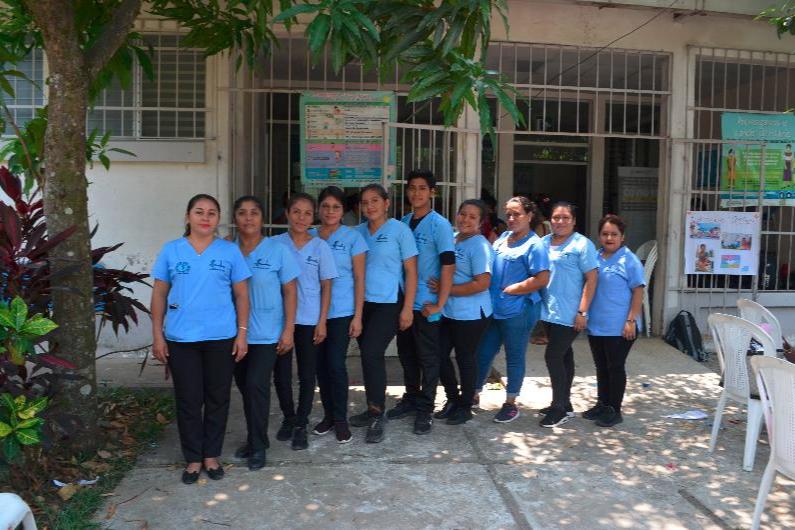
The good deed
About Guatemala
Guatemala City
Capital city
17,602,431
population
as of 2023
5,797.5
Gross domestic product
per capita per year in USD
as of 2023
0.629
Human Development Index
(Human Development Index)
as of 2023/2024





